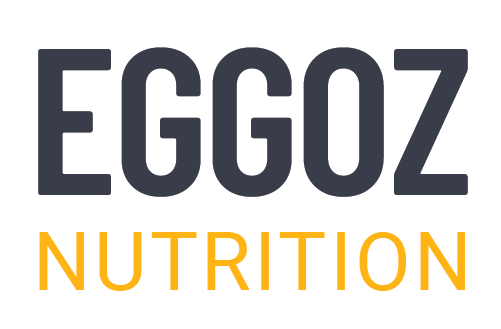Key Facts:
- Digestive difficulties, hormonal fluctuations, or gastrointestinal issues can cause abnormal bloating.
- High-FODMAP, carbonated, or fibre-rich diets might increase gas production and water retention, causing bloating.
- Bloating can cause pain, gas, stomach distension, and discomfort that can affect sleep and daily life.
- Consistent bloating may indicate SIBO, ovarian cysts, or, rarely, ovarian or colorectal cancer.
Bloating is that awkward feeling when your stomach says full, but your jeans say no!
Nearly 18% of the general population experience bloating at least once per week. It is generally characterised by abdominal fullness, tightness, or swelling and pain. Bloating can impair daily life but is usually not life-threatening. Bloating can be caused by nutrition, lifestyle, or medical issues. Long-term management requires understanding bloating triggers and techniques to reduce it.
This blog explores stomach bloating—what it is, why it happens, and how to spot it. Additionally, it lists five items, including eggs, that reduce bloating and enhance digestive health.
Understanding Abdominal Bloating
Bloating is produced by gas or air in the GI tract. The body produces gas when digesting meals, especially carbs. Bloating can occur when gas production surpasses normal levels or when gas becomes lodged in the intestines.
The abdomen feels tight or full, and oedema may occur. In addition to gas, water retention can induce bloating. Hormonal fluctuations, increased sodium intake, and fluid-balancing medical diseases might cause this. Water retention increases abdominal heaviness and swelling, worsening the pain.
Bloating Abdominal Symptoms:
Bloating can take many forms depending on its cause. The following symptoms indicate abdominal bloating:
- Visible Abdominal Swelling: A bloated abdomen is a clear indicator of bloating. This may cause stomach stiffness or fullness.
- Excess Gas: Bloating is also characterised by frequent burping. The body naturally exhales built-up air or gas.
- Trouble or Pain: Bloating typically causes abdominal pain, heaviness, or cramps. If severe, the discomfort might extend to other torso areas, causing significant agony.
- Feeling Full After Small Meals: Even tiny amounts of food might make you feel full because bloating compresses the stomach.
- Bowel Movement Changes: Bloated people often have constipation or diarrhoea. This is prevalent with IBS or food intolerance-related bloating.
These 5 foods reduce abdominal bloating.
Management of abdominal bloating requires diet. Some foods cause bloating by creating gas or storing water, whereas others are easy on the digestive tract and minimise bloating. Consuming such items can improve your daily mood. Below, we examine five meals that reduce bloating and their specific benefits.
1. Eggs
Eggs include high-quality protein, necessary amino acids, and choline, which aids liver function and fat breakdown. Eggs reduce bloating because they supply needed nourishment without overloading the digestive tract. Eggs are easy to integrate into breakfast, lunch, and dinner when scrambled, poached, or boiled.
2. Ginger
Ginger is a popular natural treatment for digestive disorders like bloating. Ginger also speeds up gastric emptying, avoiding bloating. Ginger tea makes adding ginger to your diet easy. Besides tea, ginger can be grated and added to soups, stir-fries, smoothies, and marinades. Its tangy flavour complements many foods and aids digestion.
3. Probiotic Yoghurt
Yoghurt is one of the greatest sources of probiotics, which are needed for a healthy gut microbiota. To decrease bloating, choose plain, unsweetened yoghurt. Daily consumption of a small amount of yoghurt can aid digestion and reduce bloating. Combine yoghurt with low-bloat fruits like berries or bananas for a healthy snack.
4. Bananas
Bananas balance fluids and minimise stomach bloating by counteracting sodium. Bananas include potassium and dietary fibre, which promotes regular bowel motions and reduces constipation-related bloating. They provide energy without stomach issues and are great pre-workout snacks.
5. Cucumber
High water content and anti-inflammatory qualities make cucumbers a natural diuretic. Cucumbers drain extra water and sodium, lowering oedema and flattening the stomach. Cucumbers include anti-inflammatory chemicals including cucurbitacin that soothe the digestive system and reduce bloating.
Conclusion
Abdominal bloating, however harmless, can affect comfort and quality of life. Understanding bloating's causes and symptoms helps you handle it. Foods like Eggoz eggs, laid by hens fed on a 100% herbal diet with zero chemicals, can contribute to building a healthy lifestyle. A healthy lifestyle, in turn, helps reduce bloating and improve digestion.


